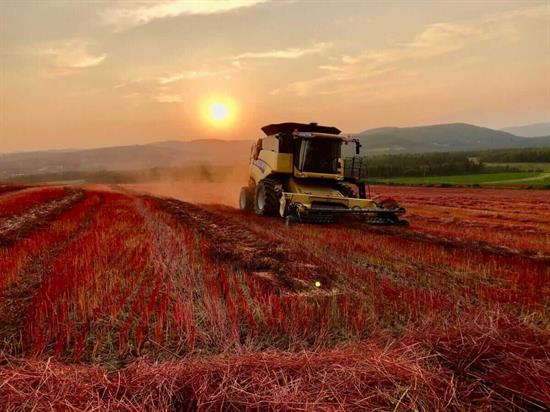Press Releases
Pingree Announces $1 Million to Strengthen Local and Regional Food Supply Chain Infrastructure in Maine
Washington,
December 16, 2024
Tags:
Food and Agriculture
Today, Maine First District Congresswoman Chellie Pingree announced $1 million in federal funding to build greater food resilience in Maine’s food system while supporting local suppliers and purveyors. Awarded through the U.S. Department of Agriculture’s (USDA) Resilient Food Systems Infrastructure Program (RFSI), the funding will support five supply chain infrastructure projects across Maine. “Agriculture and aquaculture have played an enormous role in Maine’s history and heritage, and our farms are vital to ensuring long-term food security—and the economic wellbeing of our state,” said Congresswoman Pingree, a longtime organic farmer who serves on the House Appropriations Subcommittee on Agriculture and the House Agriculture Committee. “These grants are game changers not only for the farmers and producers who receive them, but for their communities as well. I’m a proud supporter of RFSI, and sincerely believe that programs like these can help our country create more sustainable, resilient, and equitable food systems.” The RFSI funding for Maine is part of $420 million made available through the American Rescue Plan, which Pingree proudly supported and helped pass. The five projects receiving funding include:
“Projects funded through the Resilient Food Systems Infrastructure program are building strength and resilience in Maine’s food system, diversifying agricultural markets, creating new revenue streams for small and mid-sized producers, and providing economic opportunities for local communities,” said USDA Marketing and Regulatory Programs Under Secretary Jenny Lester Moffitt. “USDA is grateful for Maine’s support strengthening local and regional agricultural supply chains.” Congresswoman Pingree has long advocated for strengthening America’s local and regional food systems. In 2020, she introduced the Agriculture Resilience Act, which includes provisions to enhance food-system resilience by reducing food waste, increasing research and funding for things like health soil. In the 2018 Farm Bill, Pingree championed the creation of the Local Agriculture Market Program (LAMP), which helps grow local and regional markets. ### |

